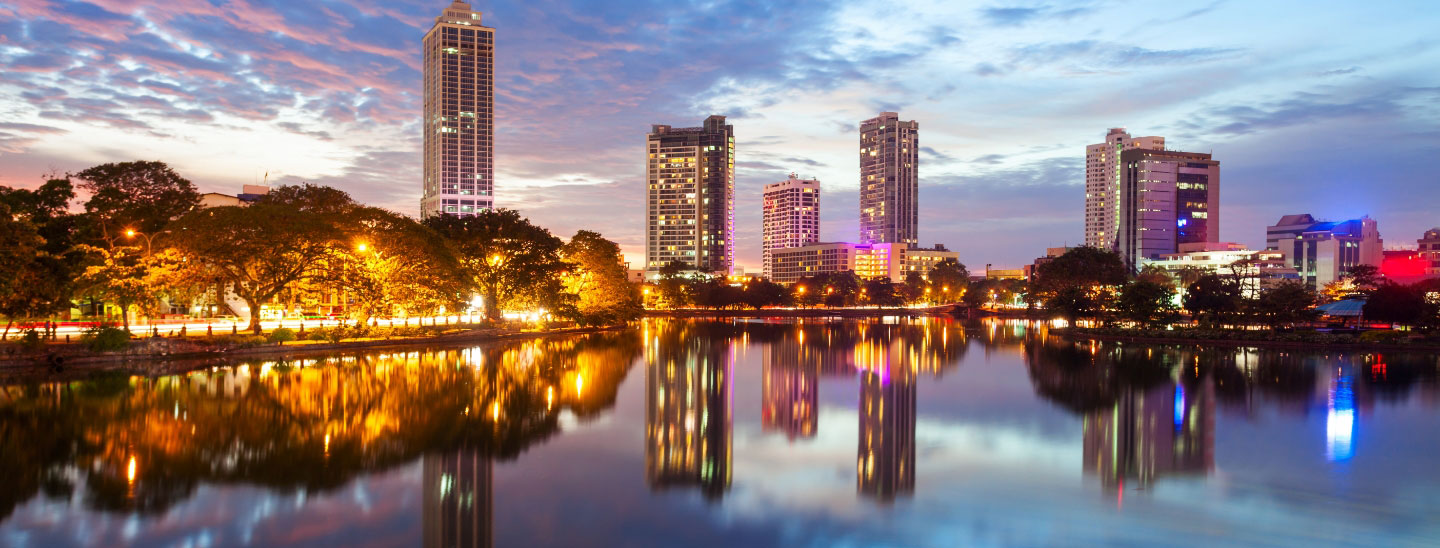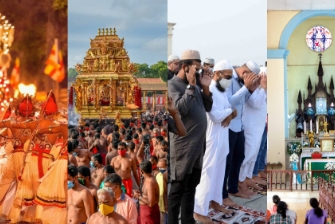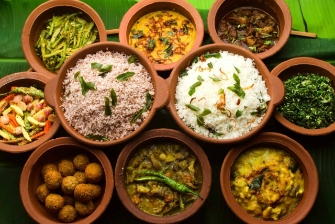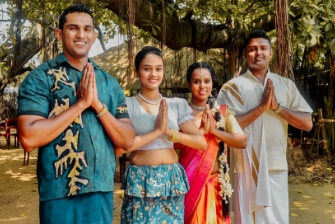
Strategically located at the crossroads of Asia, known as the “Pearl of the Indian Ocean”, Sri Lanka offers unparalleled access to a region brimming with economic opportunities and cultural diversity. By studying in Sri Lanka, students can gain valuable insights into global markets, establish international networks, and prepare for success in an interconnected world.
Sri Lanka’s vibrant cultural heritage offers an enriching environment for academic exploration. Here, students can explore age-old traditions, uncover archaeological wonders, and savor the tantalizing flavors of local cuisine. This immersive experience encourages a deeper appreciation for global diversity and enriches the educational journey in an interconnected world.

Sri Lanka’s geographical position makes it a country with a tropical climate and consists of very distinctive dry and wet seasons. The average temperature of Sri Lanka usually ranges from 28-32 degrees Celsius. The coldest months according to the mean monthly temperature are December and January while the warmest months are April and August.
The climate of Sri Lanka is intricately shaped by its topographical features and the regional scale wind patterns associated with the Southwest and Northeast monsoons. Over the course of a year, the climate can be segmented into four distinct seasons:
Each season brings its own unique weather patterns, contributing to the island’s rich climatic diversity

Sri Lanka is home to a rich blend of cultures, with a population of over 21 million people. Students will encounter a harmonious mix of ethnicities, including Sinhalese, Tamil, Moor, Malay, and numerous others, contributing to the vibrant social fabric of the island.
While Sinhala and Tamil are the official languages of Sri Lanka, English holds significant importance, especially in academia and commerce. International students will find English widely spoken and understood, facilitating seamless communication and integration into campus life and the broader community.
Sri Lanka prides itself on religious tolerance and diversity. The island is home to various faiths, including Buddhism, Hinduism, Islam, and Christianity, among others. This multicultural environment fosters an atmosphere of respect and understanding, enriching students’ cultural experiences and perspectives.

Experience a culinary journey like no other as you indulge in the vibrant and diverse cuisine of Sri Lanka. From aromatic spices to fresh seafood and tropical fruits, every dish tells a story of rich tradition and flavorful innovation. Whether you’re craving the fiery heat of a traditional curry or the sweetness of a freshly-cut coconut, Sri Lanka’s culinary delights are sure to tantalize your taste buds and leave you craving more.
Step into a world of color, rhythm, and tradition as you explore Sri Lanka’s festivals. From the spirited celebrations of Sinhala and Tamil New Year to the mesmerizing dance performances of the Kandy Esala Perahera, each festival offers a unique glimpse into the island’s cultural heritage and community spirit.

Sri Lankans place great emphasis on respecting elders. Always address them with deference and avoid addressing them by their first names unless invited to do so. Greet others with a warm smile and a respectful nod, particularly when meeting someone for the first time. A handshake is also common, but it’s best to wait for the other person to initiate it.
Sri Lankan culture places importance on modest attire, particularly in religious and rural areas. When in doubt, opt for clothing that covers your shoulders and knees. Given Sri Lanka’s tropical climate, lightweight and breathable clothing made from natural fibers like cotton is ideal for staying cool and comfortable. Cotton clothes are useful at any time of the year but you will need light woolens for the hills and waterproof clothing or an umbrella.
Don’t forget comfortable shoes, sandals or trainers and cotton socks but also remember to remove your shoes before entering religious sites, homes, or certain indoor spaces as a sign of respect.